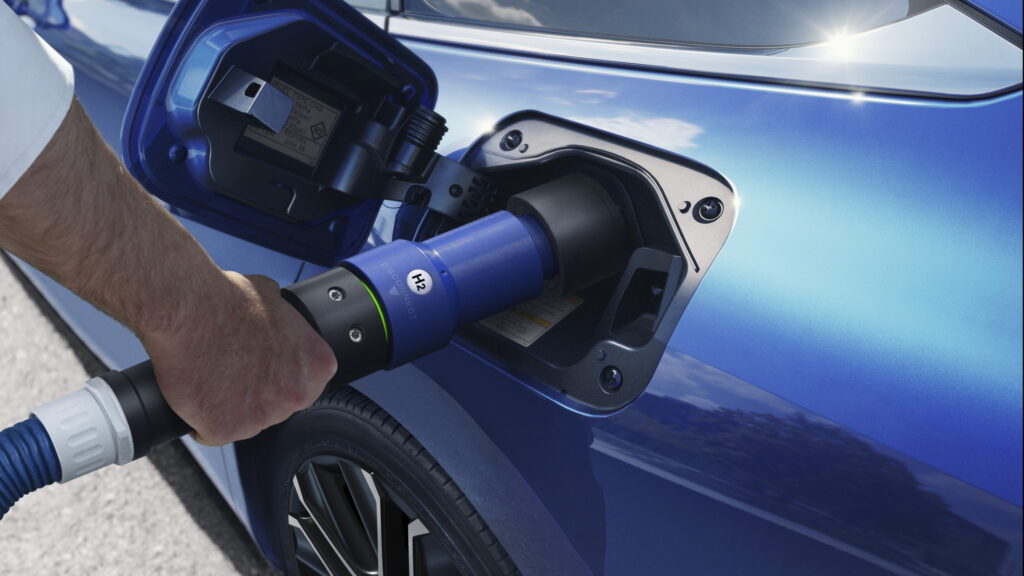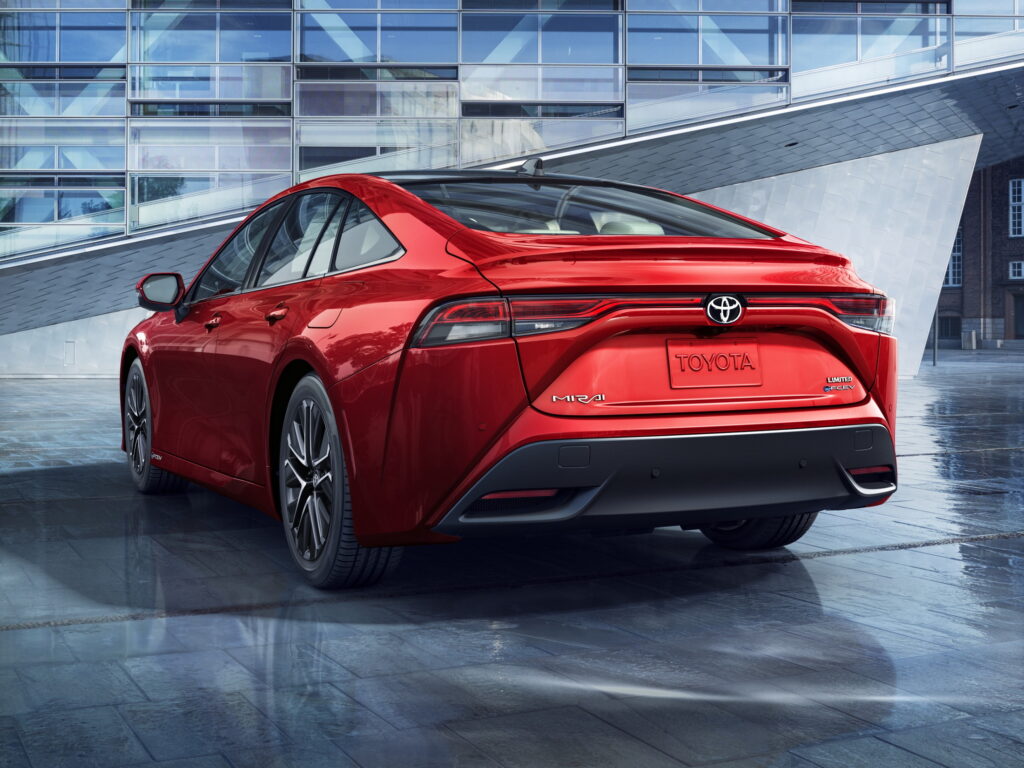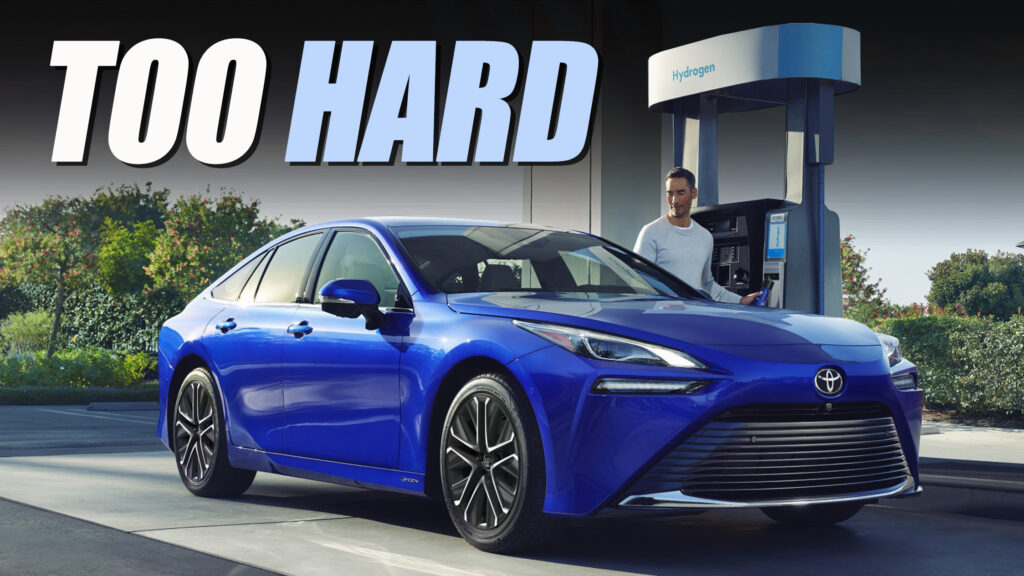- A lawsuit alleges that Toyota misled buyers about the ease of owning a Mirai.
- Owners claim they have to drive long distances to find a hydrogen refueling station.
- They also complain about lower-than-advertised driving range figures.
A group of Toyota Mirai lessees and owners, apparently disillusioned with the reality of hydrogen car ownership, filed a class action lawsuit against the automaker. The lawsuit takes aim at Toyota’s marketing, accusing them of misleading consumers about the FCEV’s daily usability.
The plaintiffs point to a number of frustrations, including a dearth of operational refueling stations, the scarcity and skyrocketing cost of hydrogen fuel, and the Mirai’s disappointing range that falls well short of advertised figures. They argue that these issues render the car practically “unusable” for everyday driving.
More: Toyota Offers Crazy $40k Discount On $67k Mirai FCV, But Can You Live With A Hydrogen Car?
According to the lawsuit, Toyota and its salespeople told prospective buyers that “hydrogen fuel is available and that refueling the Mirai is seamless”, adding it would be “comparable to refueling with gasoline”.
The reality of ownership, however, paints a different picture. Mirai owners and lessees report frequent struggles finding compatible refueling stations, often requiring long drives. Even reaching a station doesn’t guarantee success, as issues with broken equipment or incompatible fuel cards can leave them stranded. They argue that this inability to refuel can render the Mirai inoperable, necessitating the use of a tow truck and alternative transportation.
Mirai users claim that hydrogen fuel may be unavailable for “days at a time”, and that refueling takes “many hours on average”. This lengthy downtime is reportedly caused by hydrogen pumps freezing up and locking onto the vehicle. Frustrated Mirai owners are then left waiting over 30 minutes for the pump nozzle to warm up enough for a safe disconnection.

As if this wasn’t enough, the 357-mile (575 km) and 402-mile (647 km) range of the Toyota Mirai Limited and XLE trims respectively are deemed unrealistic. Drivers report consistently falling 100 miles (160 km) shy of Toyota’s official figures,significantly limiting their travel freedom between refuels.
The lawsuit also highlights a 200 percent increase in the price of hydrogen fuel over the past few years — from $13/kg in 2022 to approximately $36/kg in 2024. This surge means that Toyota’s $15,000 fuel card, provided as an incentive at purchase, won’t last “at least five years” as originally advertised.
Finally, owners of the Japanese FCEV claim that all the aforementioned problems have severely impacted the resale values of the Toyota Mirai, which reportedly retains only 19.4 percent of its value after five years of use. As a result, the plaintiffs and class members seek damages from Toyota, accusing the company of unlawful conduct.
The first generation of the Toyota Mirai debuted in 2015, followed by the current second-generation model in 2020. Both are exclusively sold and leased in California, primarily due to the scarcity of hydrogen refueling stations elsewhere in the US. Earlier this year, Shell announced the closure of seven out of the 55 hydrogen stations in California due to supply issues, further complicating the lives of FCEV owners.





